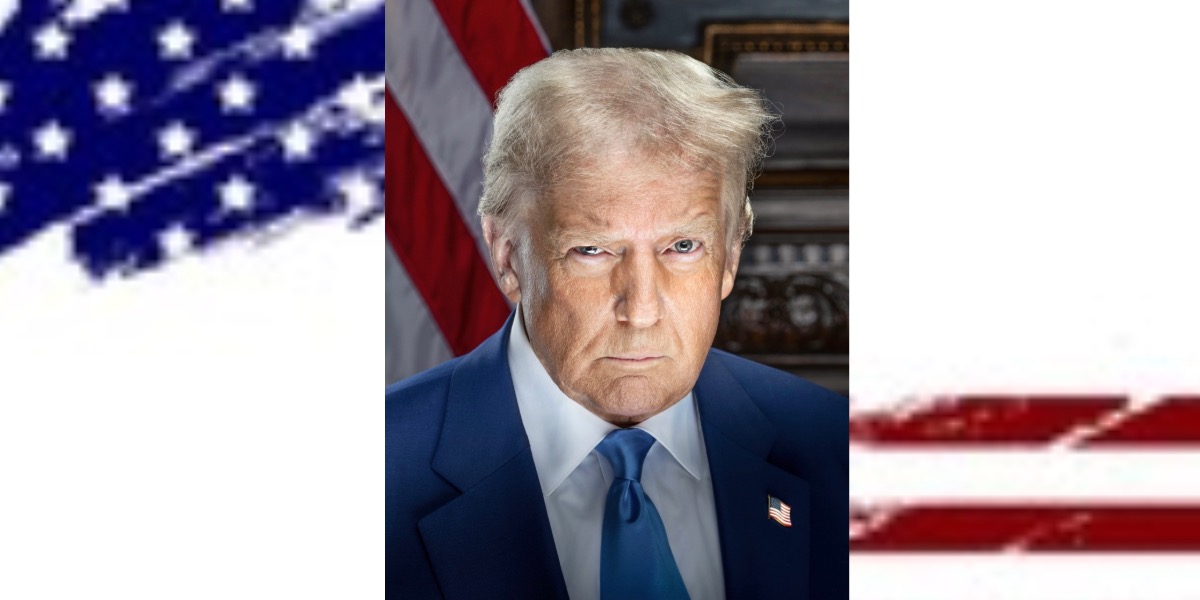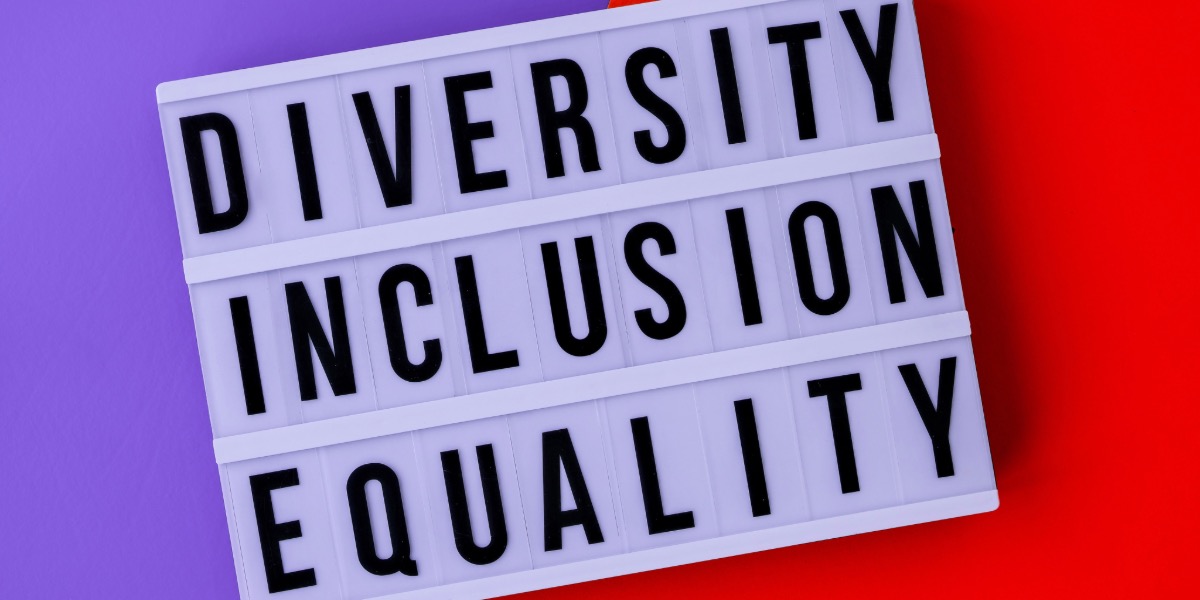The future of the U.S. Department of Education has sparked intense debate, with President Trump advocating for its elimination. In a recent podcast episode, Charles Randolph host of To Speak Online explores this contentious issue by analyzing news coverage from left-leaning NBC News and right-leaning Fox News, while fact-checking key claims and delving into related topics like charter school segregation and the importance of federal funding. This article summarizes the episode’s key insights, media bias and offers a comprehensive look at the arguments for and against the department’s existence and its broader implications for American education.
Media Bias
The Left’s Perspective: NBC News Coverage NBC News portrays the Department of Education as an essential agency that supports the nation’s education system in a supplementary yet impactful way. Established in 1980 under President Jimmy Carter, the department redistributes federal funds to states, school districts, and higher education institutions, enforces civil rights laws, and funds educational research. While it does not dictate curricula—leaving that authority to states and local districts—it can impose regulations on schools receiving federal money. NBC emphasizes that federal funding accounts for roughly 13.6% of K-12 public education budgets, with states and local governments covering the rest. Supporters argue this funding is vital for equity, particularly for underserved communities, though some critics within this camp suggest reforms rather than abolition to address academic shortcomings.
The Right’s Perspective: Fox News Coverage In stark contrast, Fox News champions Trump’s proposal to dismantle the department, framing it as an overgrown bureaucracy that hampers local control and innovation. The coverage highlights Trump’s plan to issue an executive order directing Education Secretary Linda McMahon to phase out the department, redirecting federal funds to states as block grants. Proponents argue this would reduce wasteful spending and empower parents through school choice, allowing federal dollars to follow students to charter or private schools. Fox also spotlights criticism of teachers’ unions, blaming them for resisting competition and contributing to problems like chronic absenteeism and declining test scores.
Fact-Checking Key Claims
Charles Randolph scrutinizes several claims central to the debate. Trump has repeatedly stated that the U.S. ranks 40th out of 40 in education outcomes while spending the most per student globally (Fact Check Article). However, OECD in PISA data from 2018 reveals a more nuanced picture: U.S. high school students ranked 18th in science, 13th in reading, and 37th in math—not 40th overall. Elementary students also scored above average on other international assessments. On spending, the U.S. invests about $13,600 per student annually, but when adjusted for purchasing power, countries like Luxembourg and Switzerland outspend it. The host clarifies that the Department of Education’s role is not to set curricula but to promote equity and support special programs, debunking exaggerated claims about its influence.
Furthermore, it is extremely important to consider the effects of COVID on test scores. It is reasonable to consider removing children from school will affect their education and the data reflects this. You can see a drop during and after covid all in while with time they began to rise after resuming school (read more here).

Charter Schools and Segregation: A Growing Concern
The episode also examines the impact of charter schools on segregation, a key issue tied to school choice debates. Citing a UCLA Civil Rights Project study, the host notes that charter schools in large urban districts are more segregated than magnet schools. In 2021, the average Black student in a charter school attended one with just 8% white students, compared to 15% in magnet schools. The proportion of intensely segregated charter schools (less than 10% white students) rose from 45% in 2000 to 59% in 2021, while magnet schools held steady at 34-36%. Magnet schools, designed to foster desegregation, have racial balance mandates, whereas charter schools, driven by parental choice, often mirror segregated neighborhood demographics. The host warns that without federal oversight, this trend could intensify, undermining educational equity.
The Importance of Federal Education Funding
The episode concludes with a strong case for preserving federal education funding. The host highlights programs supporting students with disabilities, multilingual learners, and first-generation college students, arguing that these investments are critical for upward mobility and societal equity. Federal oversight also ensures enforcement of civil rights laws and support for disadvantaged communities. Eliminating the department could exacerbate inequalities, particularly in regions lacking the resources or will to prioritize equity, leaving vulnerable students at risk.
By dissecting left and right media perspectives, fact-checking claims, and addressing charter school segregation, this episode offers valuable insights into a complex issue. Charles Randolph, ultimately underscores the department’s role in promoting equity, suggesting that while reforms may be needed, its elimination could jeopardize access to quality education for all. As the debate continues, this analysis serves as a critical resource for understanding the stakes involved.
Follow us! 🌐 ToSpeakOnline.com | 📺 YouTube Channel | 🎙️ Spotify Podcast | ✉️ Newsletters | TikTok | Instagram | Twitter/X | Facebook | LinkedIn | Partners & Associations



